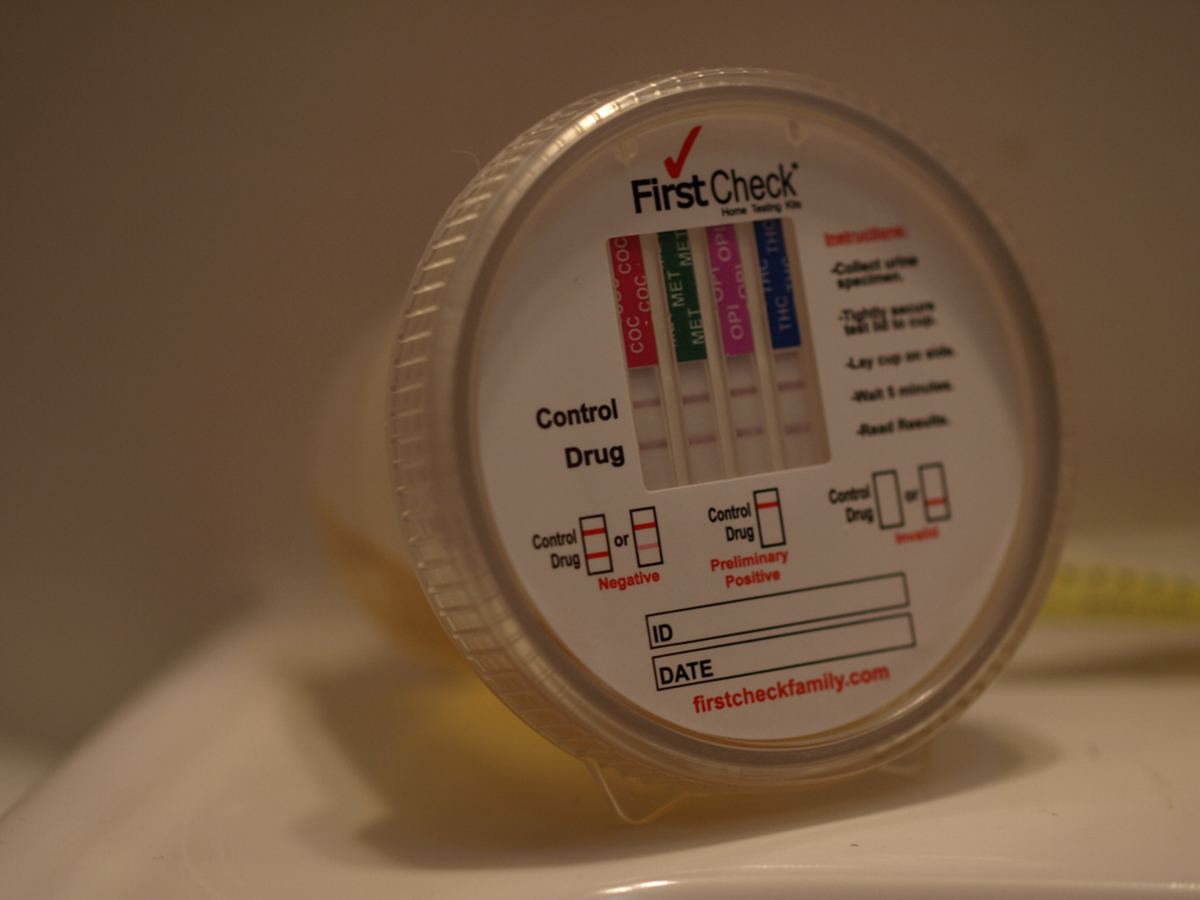Table of Contents
Before you scoff, "No, of course not, I use my opiates only for serious and legitimate pain", have a look at the signs and symptoms below. How many of them apply to you? If more than four or five of them do, you may have a serious problem.
Signs that YOU are an opiate addict

- Do you habitually visit different doctors, to ensure that you have enough of your opiate medication? This is a practice known as "Doctor Shopping".
- Do you find yourself becoming short-tempered, impatient, angry, etc when you haven't taken your opiate medication for awhile? Do your relatives or friends tell you that you have changing moods?
- Do you find that the maximum amount of opiates isn't enough? Do you ever take more than prescribed?
- Do you find yourself thinking about opiates between doses? Do you count-down the minutes until your next dose?
- Do you have trouble sleeping?
- Do you feel you cannot cope without taking opiates (be honest)?
- Are you frequently constipated?
- Do you frequently feel mentally confused? Do people tell you you're not making sense?
- Do your friends or family tell you that you keep nodding off/falling asleep at strange moments?
- Do you have a decreased appetite? Do you not want to eat?
- Do friends or relatives tell you that you seem strange/ oddly euphoric?
- Do you feel more anxious than usual?
- Have you been told you have high blood pressure?
- Have you been told you have a slow heartbeat?
- Do you ever have difficulty breathing?
- Are your senses (smell, taste, touch) heightened?
- If you miss a dose or two of your opiate do you get any of the following: nausea; headache; sweating; diarrhoea; insomnia; feel nervous and jittery)?
Did You Score More Than Four Out of Seventeen?
If you scored more than four out of seventeen questions, it could be a sign that you are an opiate addict, especially if you have symptoms when you miss doses, if you take more than you should or don't take your medication as you should, or if you obsess about your opiates.
Why does opiate addiction matter?
Opiate misuse is partly responsible for the rising number of poisoning-related deaths. In 2010, there were 13, 652 unintentional deaths from opiate use (that's a huge 82.8% of all unintentional deaths caused by prescription medication). In fact, deaths from opiate medication outnumber deaths from all illegal drugs combined.
There has also been a threefold rise in the number of drivers dying in car-crashes where their own opiate use was a factor.
Opiate misuse also causes many long-term problems for the user:
- A weakened-immune system, leading to a rise in infections
- Gastric problems, ranging from minor (constipation) to severe (bowel perforation)
- Respiratory depression, leading to potential brain damage, organ injury, and death.
Don't want to be another statistic?
If you've realised you have an opiate addiction, and need some help there are three main choices for you: detox, inpatient rehabilitation or outpatient treatment. Before you can embark on any treatment option, you need to find a specialist who treats addiction. If you're in the US, use the Find a Physician feature of the American Society of Addiction Medicine. Your therapist will work with you to find the most appropriate programme for your circumstances. If you're in the UK, have a chat with your GP. Your doctor will be able work to find you a psychiatrist or treatment programme.
READ Options In Drug And Alcohol Detox
Conclusion
If you're not an addict, don't fear taking opioid painkillers if you're in severe pain. Taken appropriately, as prescribed, and as needed for pain, opiate medication is an effective and safe treatment. Taken correctly, the risks can be minimised, and opiates can be used as they were intended: to support your return to health, without condemning you to years of side-effects, ill-health and the risk of death.
And, even if you do think you are an addict, try to be reassured. Although the rise in opiate deaths is alarming, you need not be condemned to the same fate. With treatment, care and support, addiction need not be a life, or a death, sentence. Up to 60% of drug addicts get off the drugs and never relapse. That's incredible! You have every chance of recovering and going onto live and full, healthy life.
- http://alcoholrehab.com/addiction-articles/addiction-dependence-and-tolerance http://www.deltamedcenter.com/addiction/opiates/effects-symptoms-signs https://www.drugabuse.gov/about-nida/legislative-activities/testimony-to-congress/2016/americas-addiction-to-opioids-heroin-prescription-drug-abuse https://www.drugabuse.gov/publications/prescription-drugs-abuse-addiction/opioids/what-are-possible-consequences-opioid-use-abuse https://www.drugabuse.gov/publications/drugs-brains-behavior-science-addiction/treatment-recovery http://drugabuse.com/library/opiate-abuse http://www.naabt.org/addiction_physical-dependence.cfm
- Photo courtesy of jonny2love: www.flickr.com/photos/jonny2love/4016385671/
- Photo courtesy of jonny2love: www.flickr.com/photos/jonny2love/4016385671/
- Photo courtesy of micahb37: www.flickr.com/photos/micahb37/2970563512/

